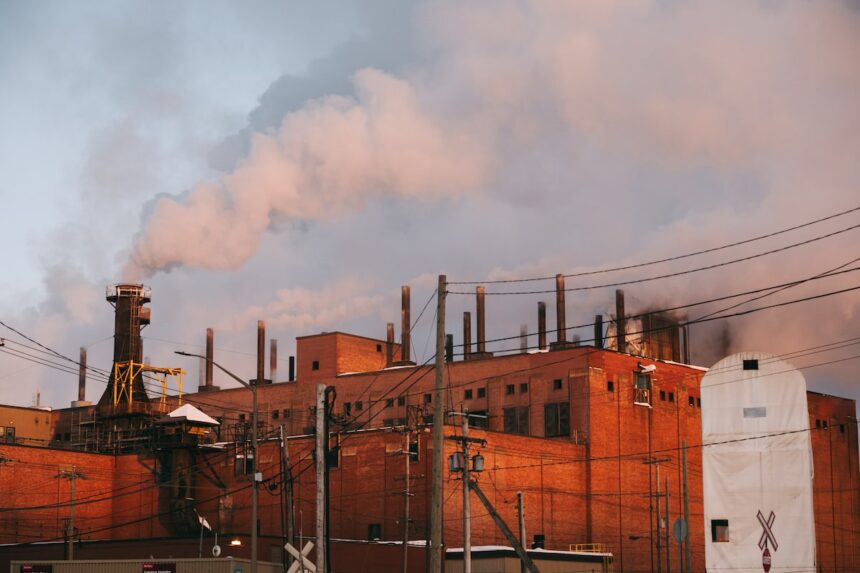In the frigid aluminum heartland of Quebec’s Saguenay region, a high-stakes economic chess match is unfolding. Global mining giant Rio Tinto is locked in intensive talks with Ottawa officials over potential financial aid packages, as international tariffs threaten thousands of Canadian jobs and billions in economic activity.
The negotiations center on Rio Tinto’s massive aluminum operations that employ over 4,500 workers across Quebec. Company representatives confirmed yesterday that discussions with federal officials have accelerated in recent weeks, focusing on measures to offset the impact of punishing American tariffs that have squeezed profit margins in Canada’s $10-billion aluminum sector.
“These are crucial conversations about preserving not just jobs, but entire communities,” said Pierre Fitzgibbon, Quebec’s Economy Minister, who revealed the talks are progressing but remain at a sensitive stage. “The Saguenay’s economic ecosystem depends heavily on these operations remaining competitive.”
The industry’s concerns intensified after Washington reimposed 10% tariffs on Canadian aluminum in 2020, though these were eventually lifted. Market analysts now warn that shifting global trade patterns and energy price volatility have created a perfect storm for Canadian producers, despite their operations ranking among the world’s most environmentally efficient.
For Rio Tinto, which operates some of North America’s largest aluminum smelters including the massive Arvida Works facility, the stakes couldn’t be higher. The company invested $1.4 billion in Canadian operations last year alone but faces mounting pressure to demonstrate their long-term viability to shareholders.
Federal Innovation Minister François-Philippe Champagne acknowledged the strategic importance of the sector, telling reporters: “We’re exploring various support mechanisms that protect both taxpayers and critical industrial capacity. These facilities represent more than century-long commitments to Canadian communities.”
Energy costs remain a critical factor in the negotiations. While Quebec’s hydroelectric power provides a competitive advantage, industry experts at BMO Capital Markets note that American competitors receive approximately $220 million annually in energy subsidies across several states.
Labor representatives have expressed cautious optimism about the talks. “Our members produce some of the world’s greenest aluminum,” said Dominic Lemieux, Quebec director for the United Steelworkers. “But that advantage means nothing if global markets don’t recognize its value through fair pricing structures.”
The negotiations highlight Canada’s broader industrial strategy challenges as it navigates an increasingly protectionist global economy. Similar aid packages have recently been announced for battery manufacturers and critical minerals processors as Canada attempts to preserve its manufacturing base.
What remains unclear is the form any potential aid might take. Options range from direct financial support to preferential energy rates or tax incentives. Government sources speaking on background indicated that any package would likely include commitments to further reduce carbon emissions and maintain employment levels.
As winter descends on the Saguenay, the outcome of these talks will determine far more than corporate balance sheets. For thousands of families in Quebec’s aluminum corridor, they represent nothing less than their economic future in a rapidly changing global marketplace.
For more industry coverage, visit CO24 Business or follow our ongoing coverage of critical Canadian industries at CO24 Breaking News.










